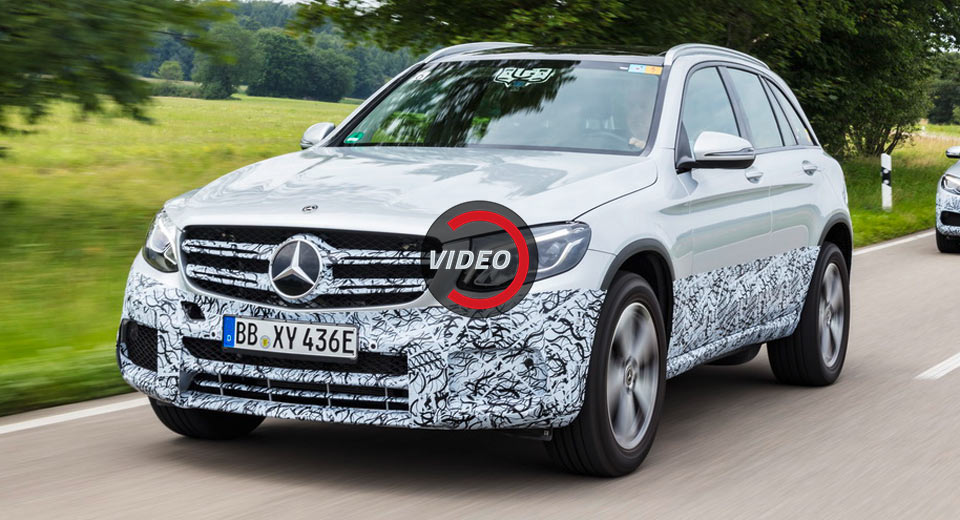Mercedes-Benz has provided yet another glimpse into the development of the GLC F-Cell, before its official premiere at the 2017 Frankfurt Motor Show next week.
Technical specifications have yet to be released, but the vehicle, which will take on other hydrogen-powered cars, such as the Hyundai ix35/Tucson, Toyota Mirai, and Honda Clarity, should remain close to the prototypes.
This means that the fuel-cell stack, co-developed with Ford, sits under the hood and sends power to an electric motor that motivates the rear wheels. The hydrogen is stored in two carbon-fiber-encased floor-mounted tanks, with a total capacity of 4.3kg (9.5lbs), which take approximately 3 minutes to fill.
The Mercedes-Benz GLC F-Cell also features a rear-mounted 9kWh lithium-ion battery pack which provides energy for up to 50km (31miles) of driving; the total driving range should remain close to 500km (311miles).
During the testing phase, the automaker had more than 300 vehicles to evaluate, covering nearly 18 million km (11 million miles) combined. Since 2015, Mercedes used around 200 tonnes of hydrogen which was turned into 1,800 tonnes of water vapors.
The prototypes were also taken to Spain, Sweden, and Germany, and received their aerodynamic finishing touches in the Sindelfingen wind tunnels. This is where they were subjected to extreme temperatures, varying between -40 and +60 degrees Celsius (-40 – +140 Fahrenheit) and hurricane wind speeds of up to 265km/h (165mph), in addition to heavy snowstorms and tropical downpours.
Mercedes-Benz also conducted crash tests with pre-production versions of the GLC F-Cell, and the results are said to be comparable to that of conventional vehicles.

























